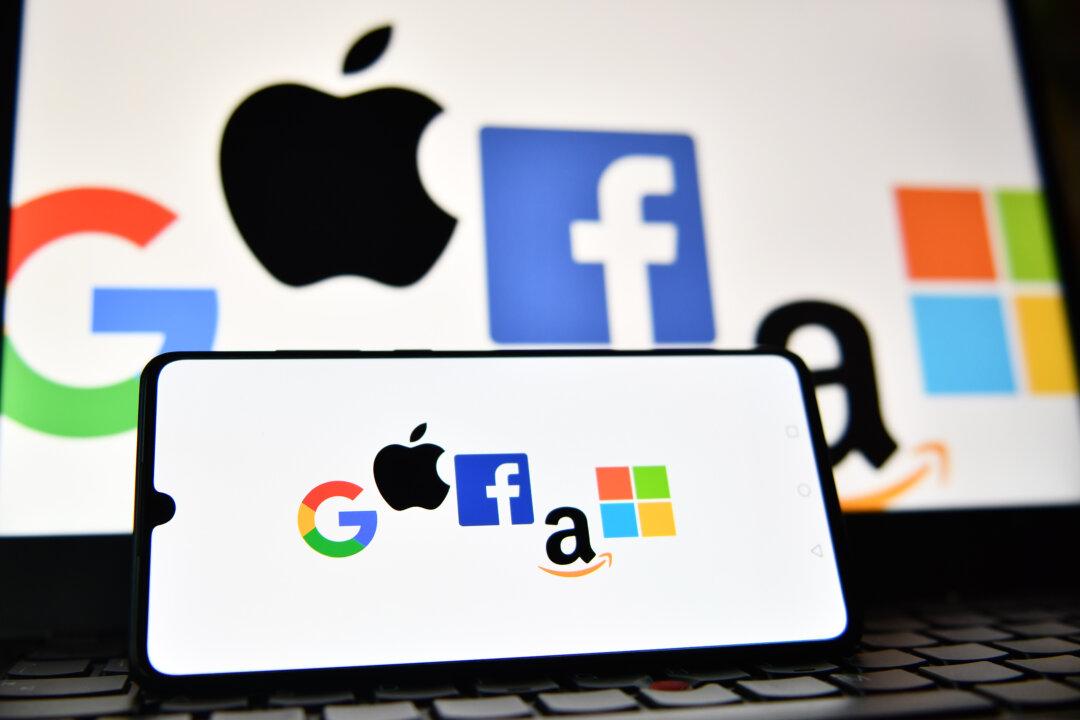A panel of senators grilled representatives from Apple and Google at an anti-trust hearing Wednesday, with the companies pushing back against accusations of abusing market power to squash competition and of charging unjustified developer fees in their app stores.
The Senate Judiciary Subcommittee on Antitrust and Consumer Rights heard complaints from Spotify, Match, and other app store developers, who accused Apple and Google of anti-competitive practices, including selectively hitting certain companies with high developer fees and of strong-arming developers to do their bidding.





